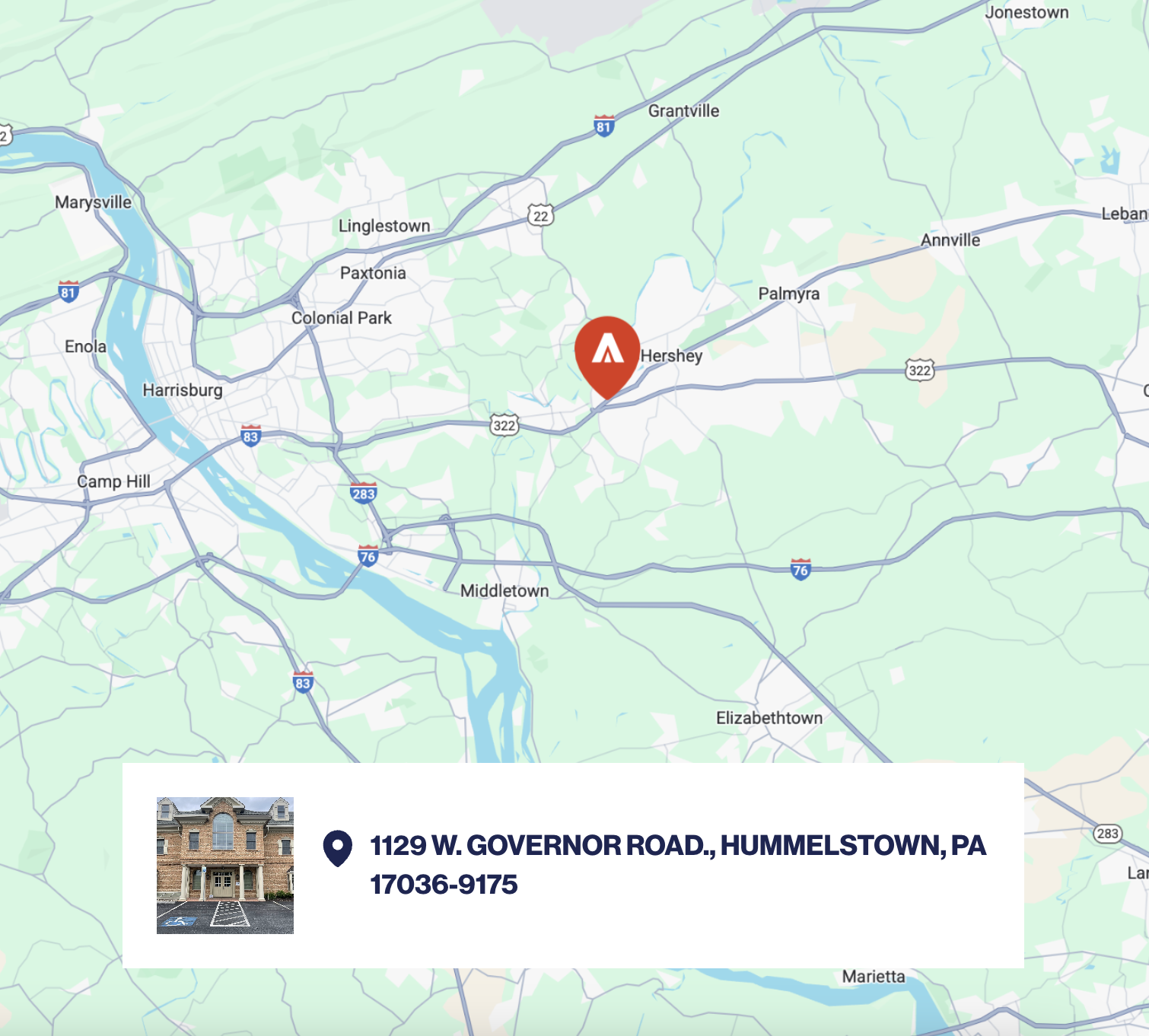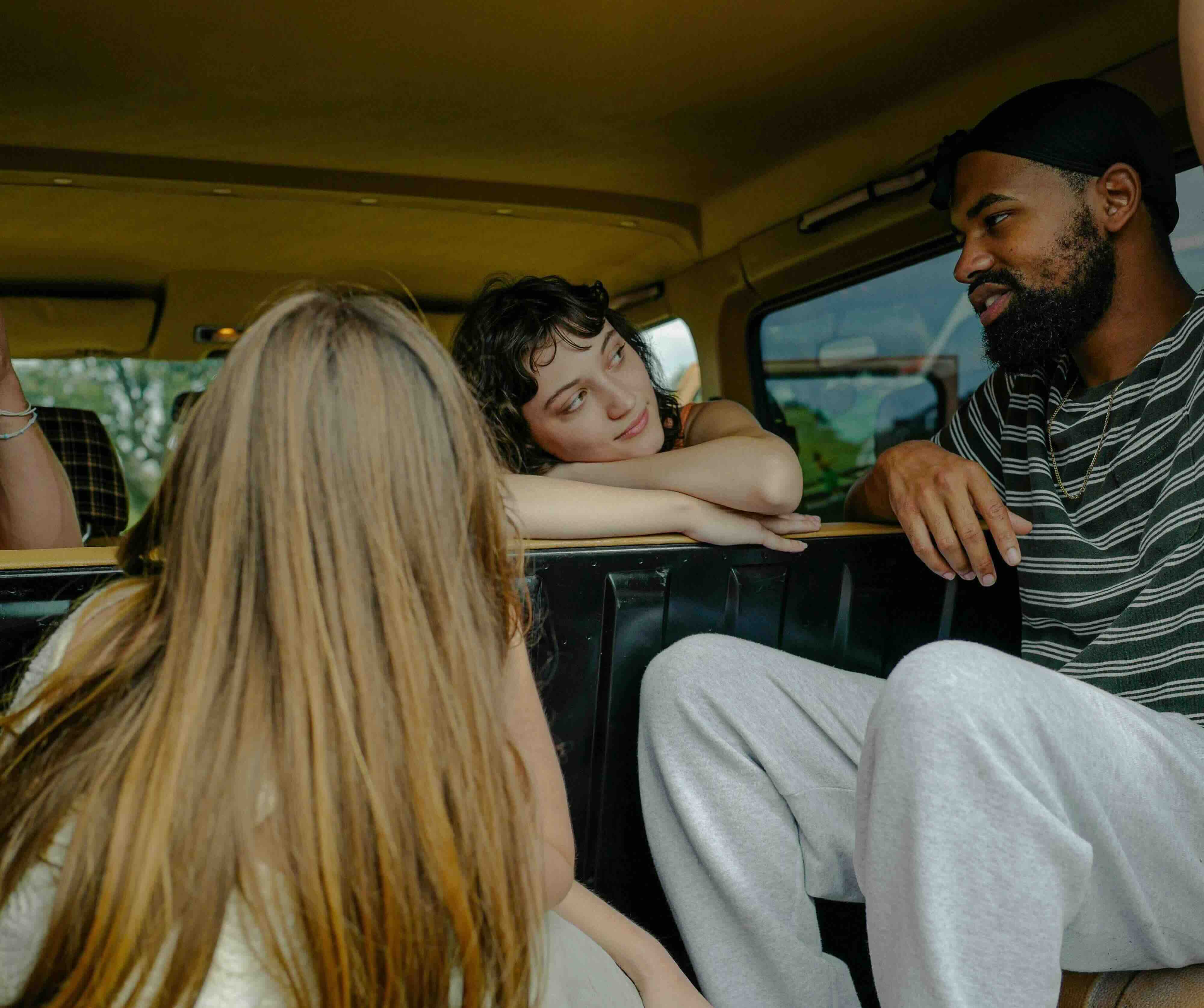4 powerful ways to start healing—even if you’ve been stuck for years.
Downplaying compliments. Apologizing when you walk into a room. Feeling like your body shrinks every time you hear yelling—or the silence after.
Yeah. That’s trauma talking.
Specifically? Childhood trauma.
It doesn’t matter how much time has passed. Your body remembers.
Your brain remembers. And it’s probably been doing the best it could just to keep you safe.
But now you’re here. You’re tired of surviving.
And something in you wants more.
TL;DR — Here are 4 healing paths that actually work:
- EMDR (Eye Movement Desensitization and Reprocessing)
- IFS (Internal Family Systems or Parts Work)
- CBT (Cognitive Behavioral Therapy)
- Turning Point trauma recovery programs (formerly called IOPs)
1. EMDR
When your brain needs to heal—but your voice needs a break.
EMDR helps you process trauma without rehashing every detail out loud. Through gentle bilateral stimulation (eye movements, tapping, etc.), your brain gets to do what it naturally does during REM sleep—reorganize and release stuck pain.
In session:
You’ll recall a memory or feeling while doing a rhythmic motion guided by your therapist. And even though it looks simple, the results are profound. You’ll feel more regulated, less reactive, and finally safe inside your own head.
This is one of our go-to approaches in trauma-focused programs and Rapid Renewal Sessions (EMDR intensives designed for fast relief).
2. IFS (Internal Family Systems / Parts Work)
Because sometimes, healing means listening to the version of you that never got heard.
IFS is about meeting the parts of you that had to adapt just to survive. The people-pleaser. The perfectionist. The angry protector. The shut-it-down avoider.
They’re not “bad.”
They’re hurt. And they need your attention.
In session:
Your therapist will help you gently connect with different “parts” of yourself. You’ll learn what they’re trying to do for you, how they’re carrying your pain, and how to give them the safety they never had. When those parts feel seen and safe, they start to relax—and so do you.
You’ll find IFS tools woven through our group programs, individual sessions, and even in creative modalities like expressive arts and psychodrama.
3. CBT (Cognitive Behavioral Therapy)
For when your thoughts feel like a runaway train.
CBT helps you recognize thought spirals and interrupt them—before they take you out.
It teaches you how your thoughts, feelings, and behaviors are connected… and how to shift the cycle when it’s hurting you.
In session:
You might track thought patterns in a journal, look for distortions like black-and-white thinking, and build more realistic (and compassionate) beliefs.
CBT is powerful on its own—but even more powerful when combined with other modalities. That’s why you’ll find it embedded in our Turning Point and Catalyst programs.
4. Turning Point Trauma Recovery Programs
Not a type of therapy—a whole new level of care.
Weekly therapy is great. But sometimes you need more than 60 minutes every Tuesday to undo years of pain.
Turning Point is our 4x-a-week trauma healing program that gives you the structure, support, and intensity needed to make real movement—fast.
What you’ll find:
- Small groups led by trauma-informed therapists
- Individual sessions to go deeper
- Modalities like EMDR, parts work, CBT, expressive arts, and somatic tools
- Tracks for adults, teens, tweens, and LGBTQIA+ clients
- We build the care plan around you, not the other way around.

Wait—what actually is childhood trauma?
Childhood trauma is any experience that overwhelms your ability to feel safe and supported.
Sometimes it's what happened: abuse, neglect, violence, loss.
Other times, it's what didn’t happen: protection, affection, presence.
Maybe you…
- Were parentified or ignored
- Were punished for crying
- Experienced racism, bullying, or oppression
- Grew up with addiction or mental illness in the home
- Watched your caregivers go through hell—and absorbed their pain
- No matter what it looked like, trauma in childhood creates wounds in the nervous system and attachment system.
- And those wounds show up in adulthood as anxiety, shame, hypervigilance, people-pleasing, or not trusting anyone—including yourself.
Long-term effects of childhood trauma
If you’ve ever wondered “why am I like this?”—this might explain a lot.
Psychological:
- PTSD
- Panic attacks
- Dissociation
- Depression
- Substance use
- Self-sabotage
Physical:
- Chronic pain
- Autoimmune conditions
- Sleep issues
- Fatigue
- Gastro issues
- Heart disease, even cancer
- Childhood trauma affects everything. But healing changes everything too.
What about my social life?
Unhealed trauma can sneak into every relationship you have:
- Trust issues with partners
- Isolation or people-pleasing in friendships
- Fear of authority at work or school
- Feeling drained, unseen, or like you’re “too much” for everyone
- The work you do in therapy to repair these patterns?
- It ripples into how safe and free you feel in your relationships—and your own skin.
Do I have to take meds?
Nope. Medication can be a powerful tool, but it’s not the only one.
In fact, modalities like EMDR and IFS have long-lasting results with or without meds.
At Sanare, we take a full-body, full-life approach:
EMDR
- Somatic practices
- Expressive arts
- Music therapy
- Ego state therapy
- Acupressure & neurofeedback
- Yoga and movement
It’s not about “coping.” It’s about transformation.
What now?
If something in this article lit a spark, trust that. You’re not broken—you’re healing.
And we can help you go the rest of the way.
Here’s what happens when you reach out:
You call us, and our team helps you schedule a consultation within 48 hours
You meet with a therapist (virtually or in-person) to talk through your story
We build a care plan that fits you—including your symptoms, goals, and schedule
We’re not here to make you fit into a system.
We’re here to build something around you.
And hey—if you ever feel like you need more support with this?
That’s what we’re here for.
If that hit close to home, here’s more.
Join Us
Tired of the same old mental health advice?
Sometimes funny. Always human. For the days you’re not ready to talk but still want to feel understood.





.jpg)
















